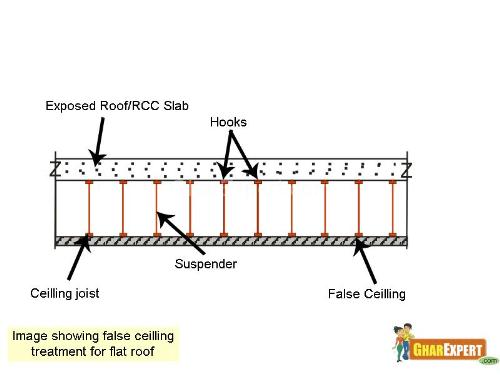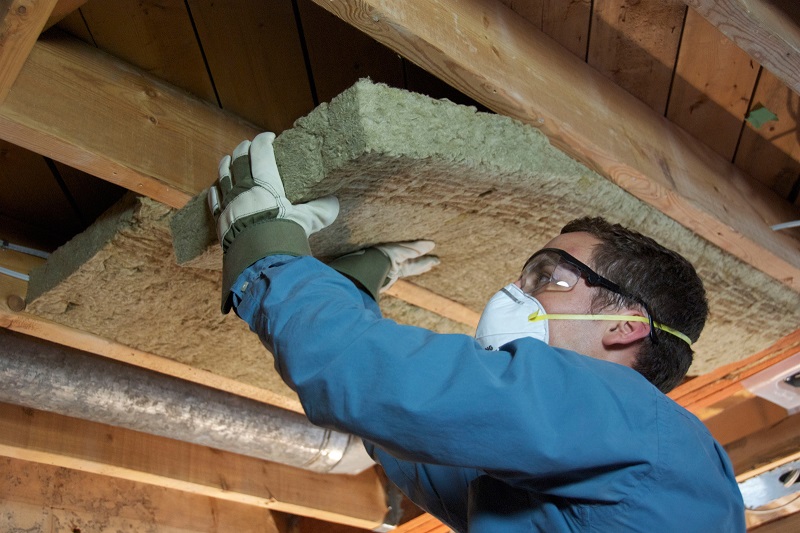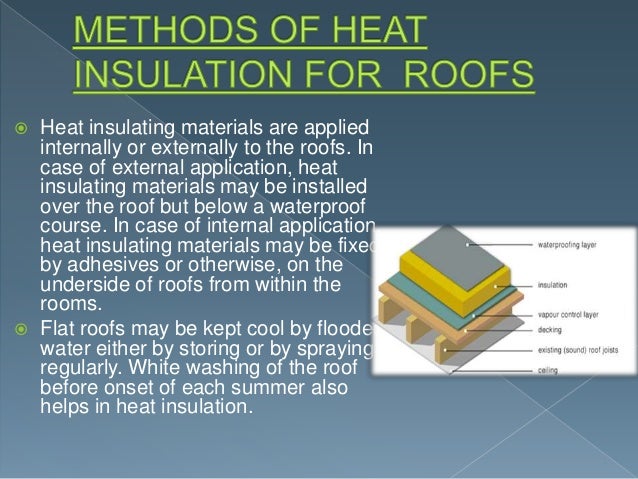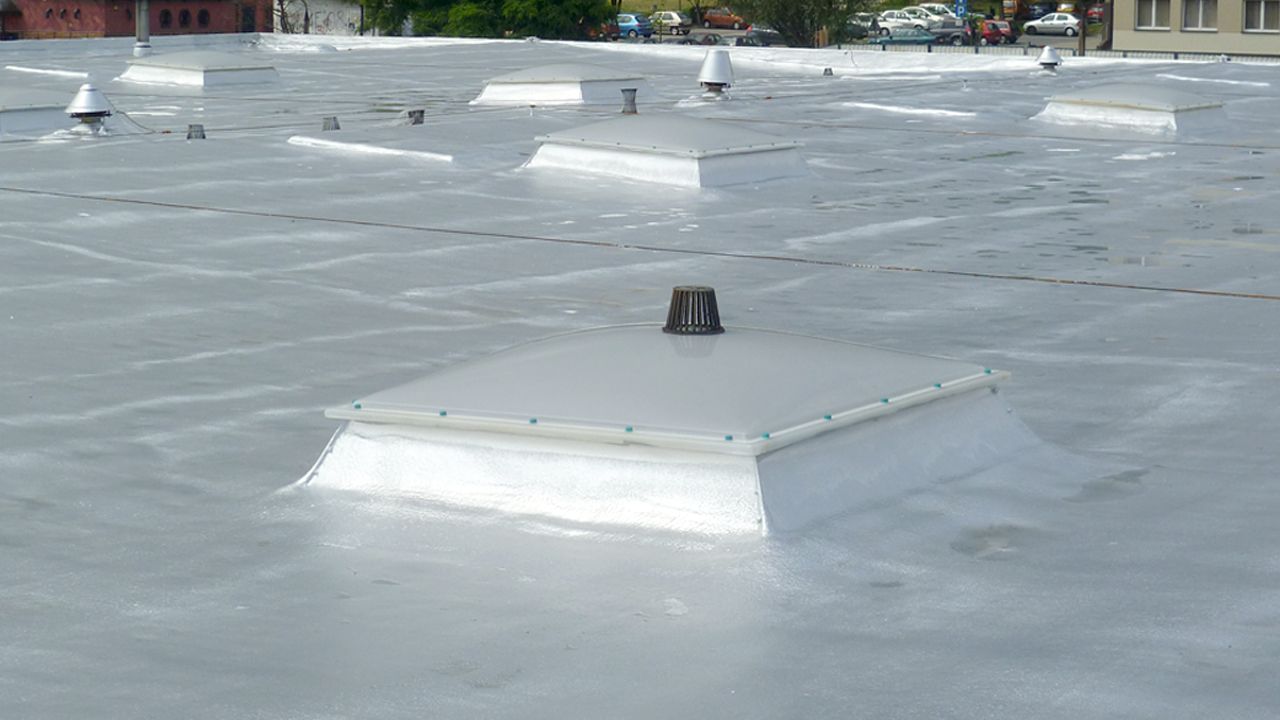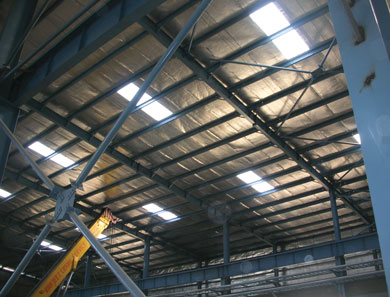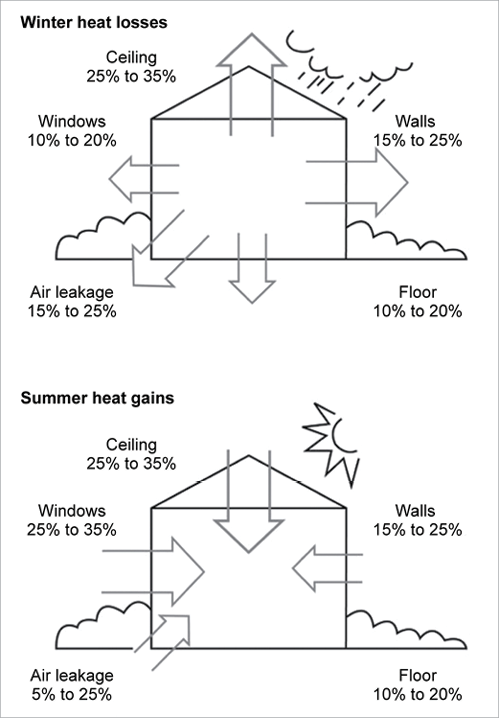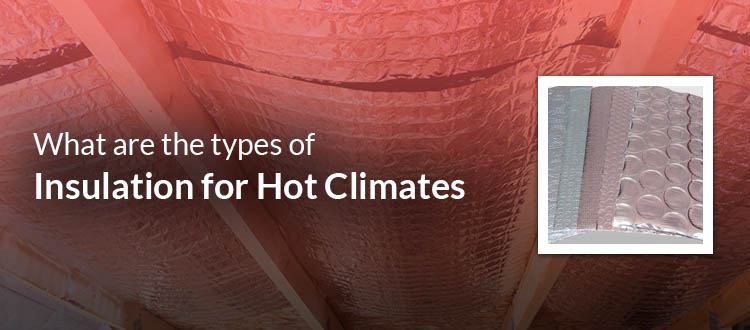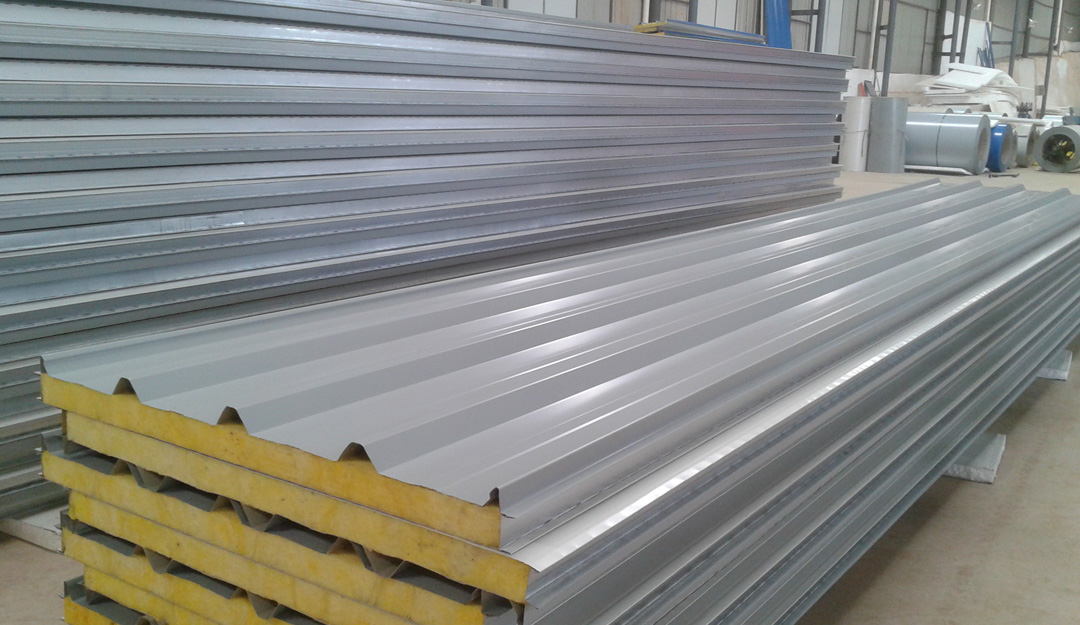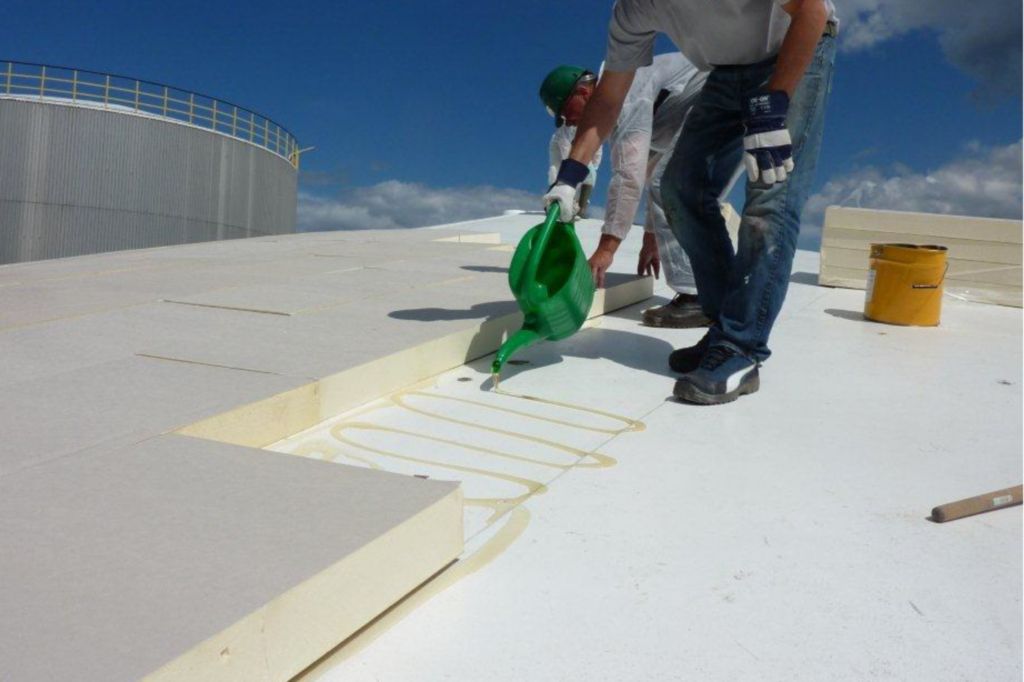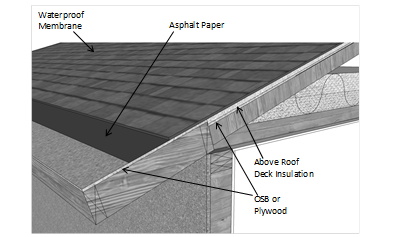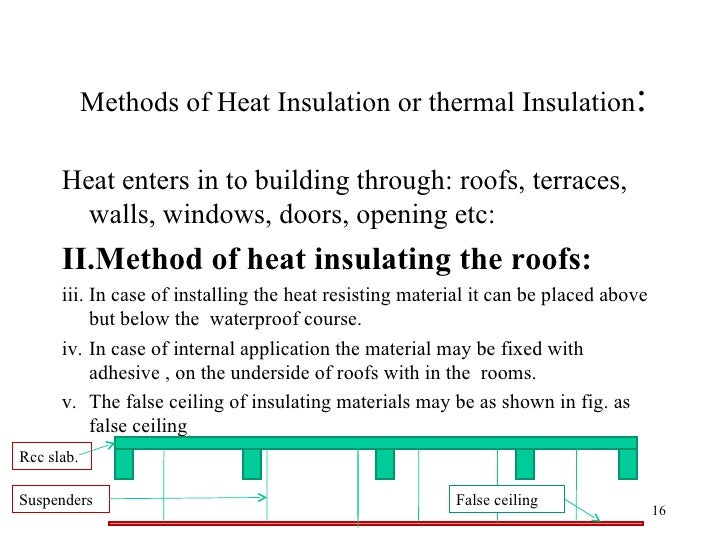In a ballasted roofing system the same stones that hold the roof membrane in place also provide an insulating barrier against solar heat much like an adobe building in the desert or an old stone farmhouse that stays cool inside thanks to its thick stone walls.
Roof heat insulation techniques.
They are often used in conjunction with traditional insulation for climates that receive both hot summers and cold winters.
In case of external application heat.
The false ceiling of insulating materials may be provided below the roof with air gaps in between.
If using batts place the paper or vapor retarder side against the ceiling to resist the movement of water vapor.
Choose your insulation type and material 1.
Therefore to protect the house the first place to install insulation in an attic is between ceiling joists.
Radiant barriers aluminum sheets that cover the underside of a roof.
Use the fire blocking type.
Shining and reflective insulation materials may be.
The temperature in a well ventilated attic ideally should only be a few degrees different than the outside temperature.
Loose fill insulation fibers are packaged in bags and blown in place to the desired depth and density using special.
Before installing or adding attic insulation take these steps.
Rather than trapping heat inside or outside the home radiant barrier solutions work to reflect the sun s heat.
5 best thermal imaging camera for home improvement.
Installation methods include radiant barrier draped over the rafters applied directly to the roof sheathing stapling to the bottom of the rafters and even laying radiant barrier on top of the attic floor insulation.
Many millions of square meters of flat roof are not yet green this means wasting an enormous potential of living space.
Methods of heat insulation of roofs heat insulating materials described are applied externally to the roofs.
Insulation of a new metal roof here are some techniques that can help you to insulate a new metal roof properly and things you need include plywood building paper sheets duct tape and roofing nails should either be galvanized or made from stainless steel.
Use caulk and expanding foam the fire blocking type sealant to close air gaps around pipes ducts and electrical wires where they enter the attic.


